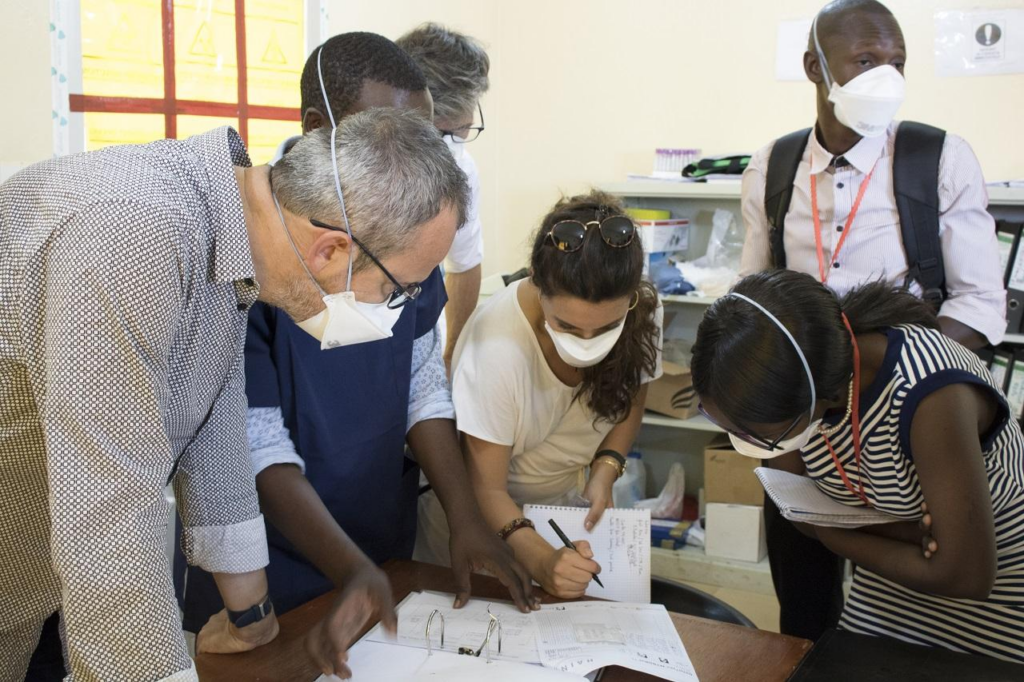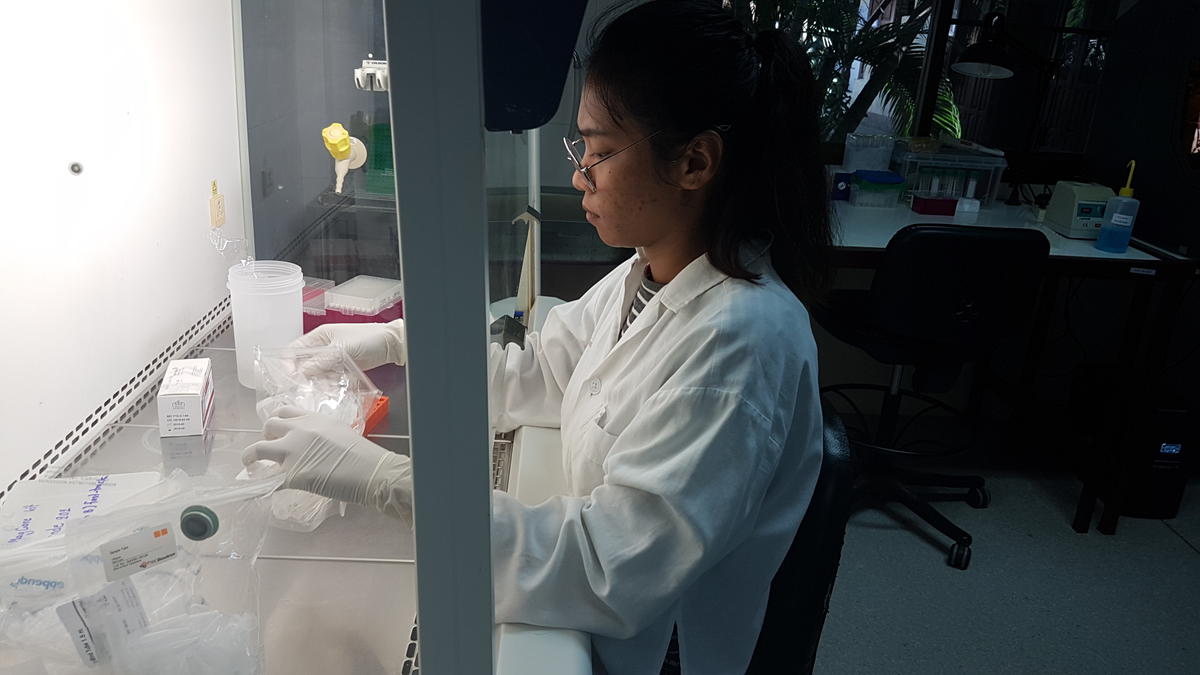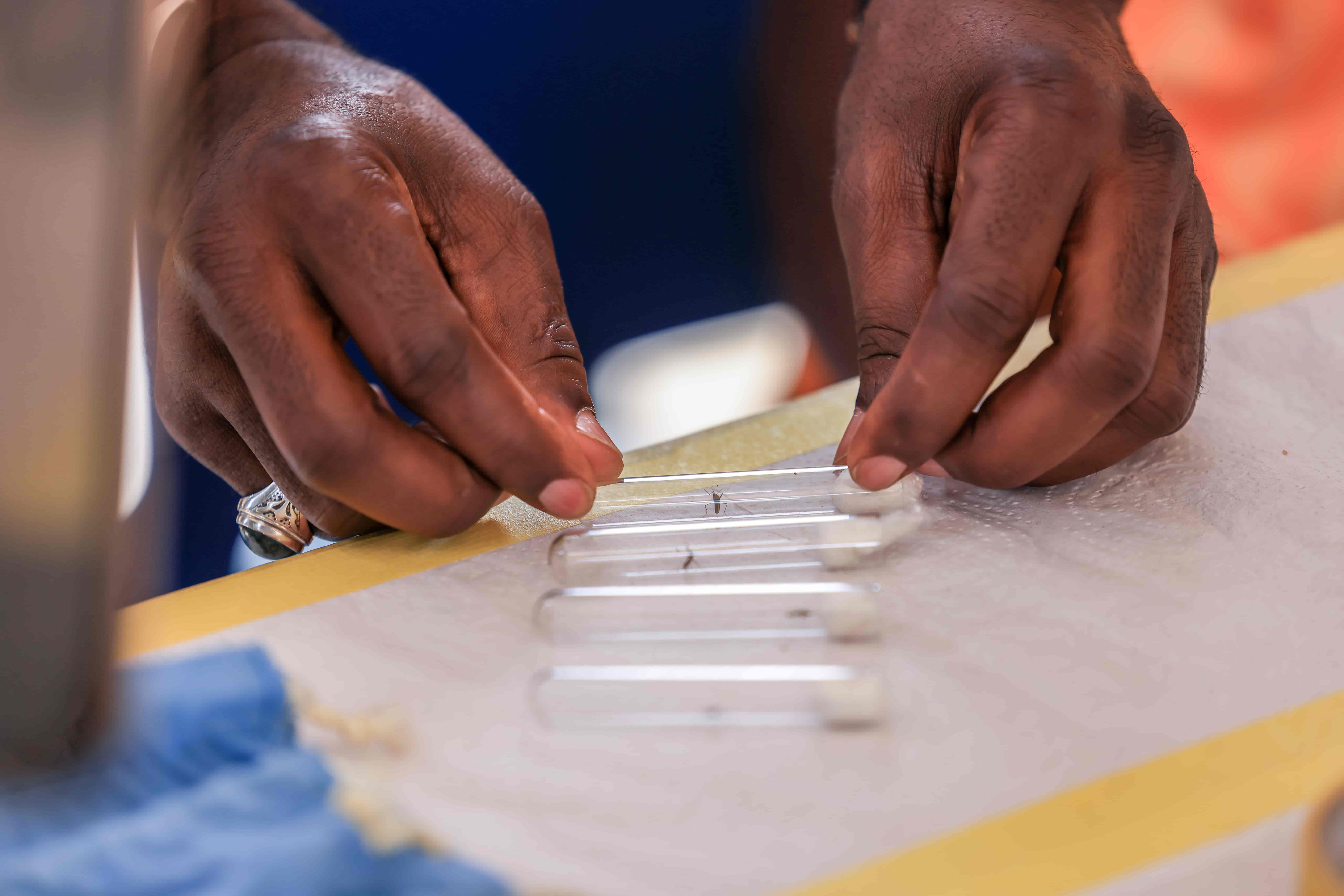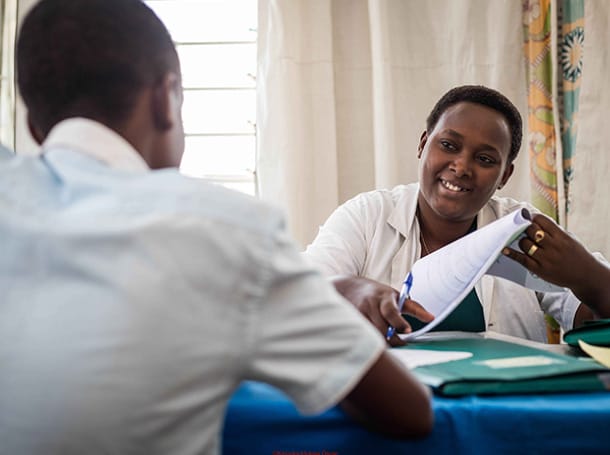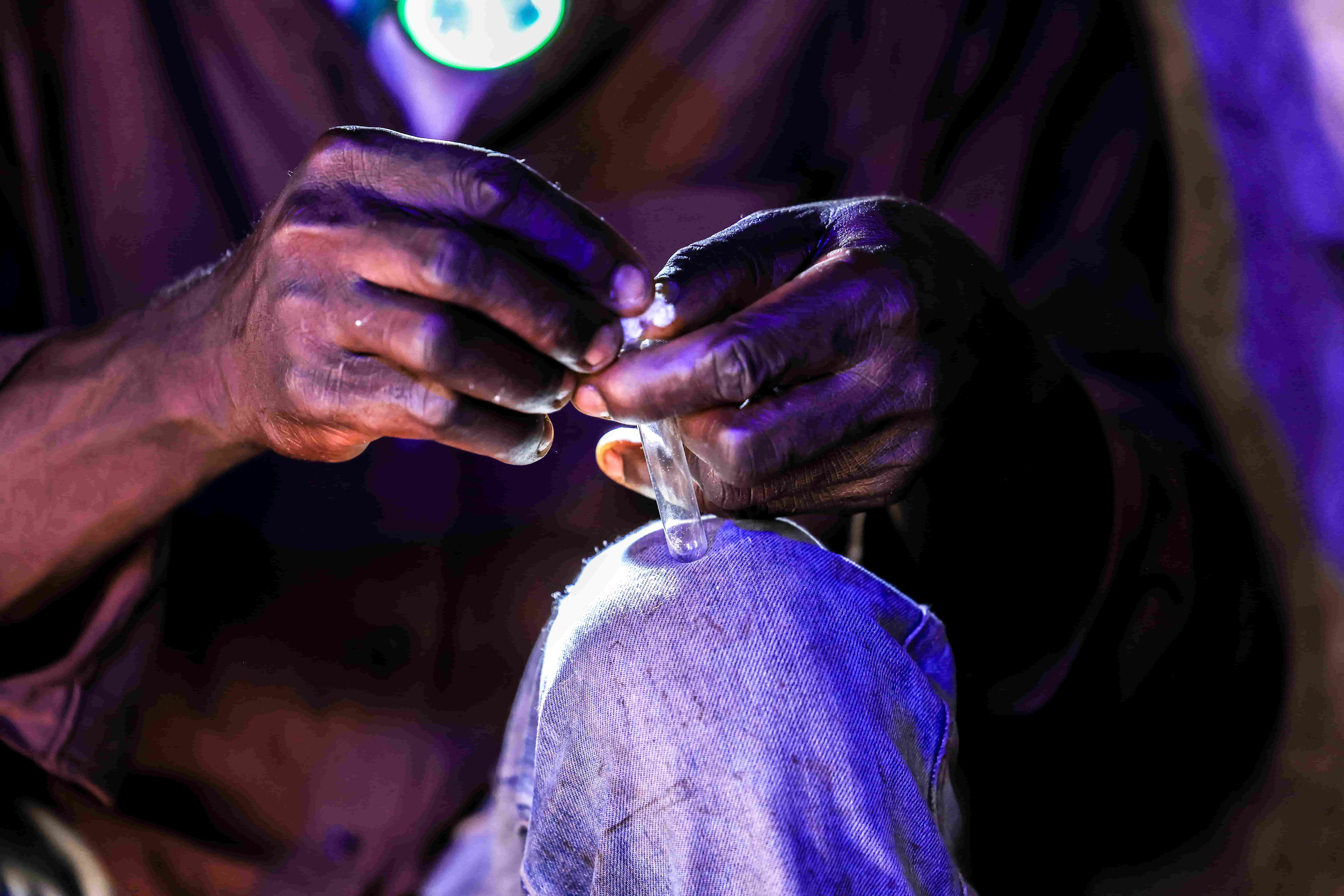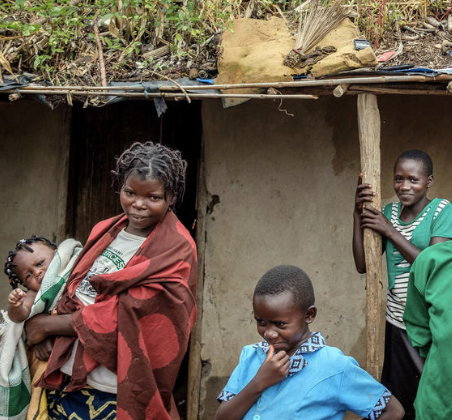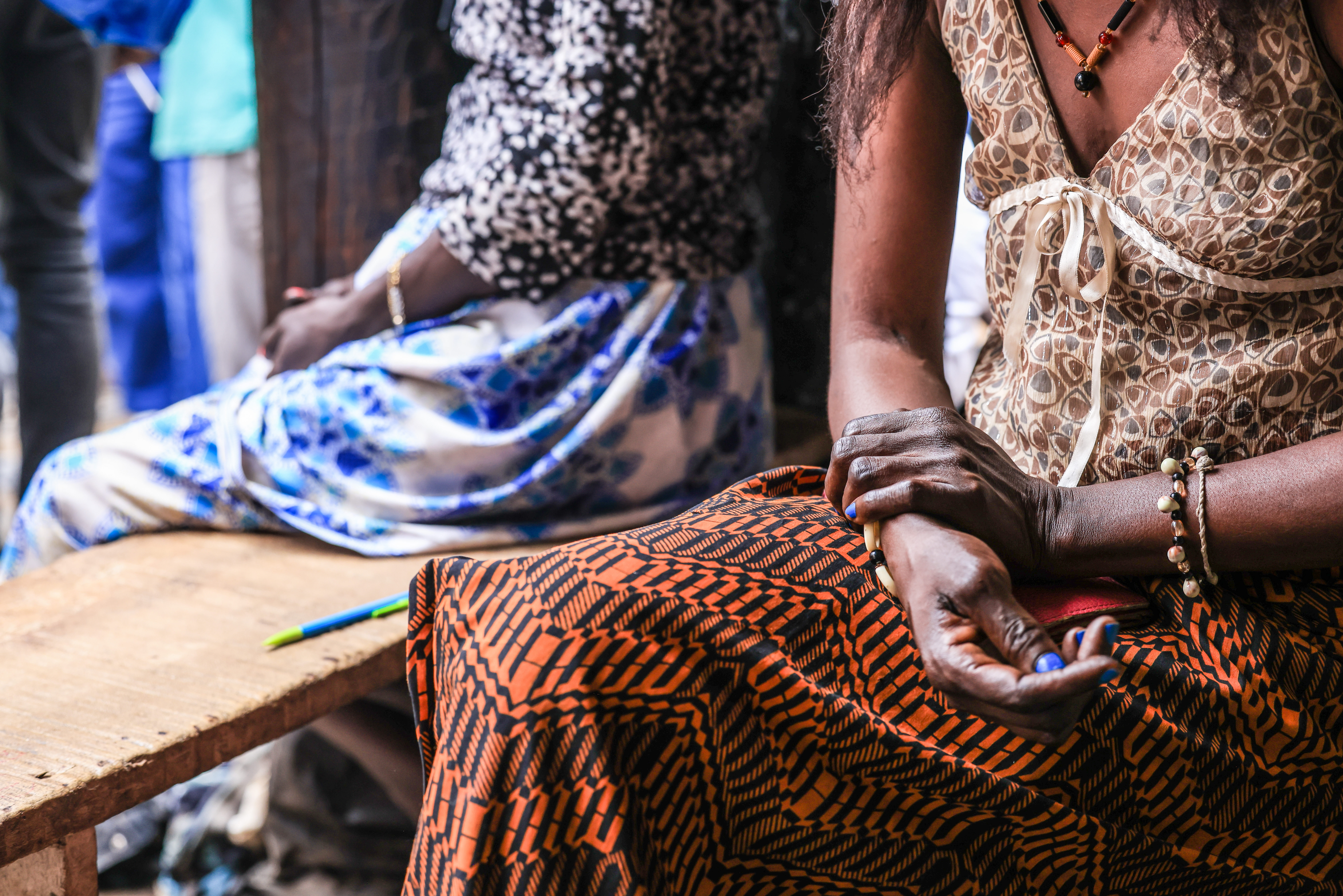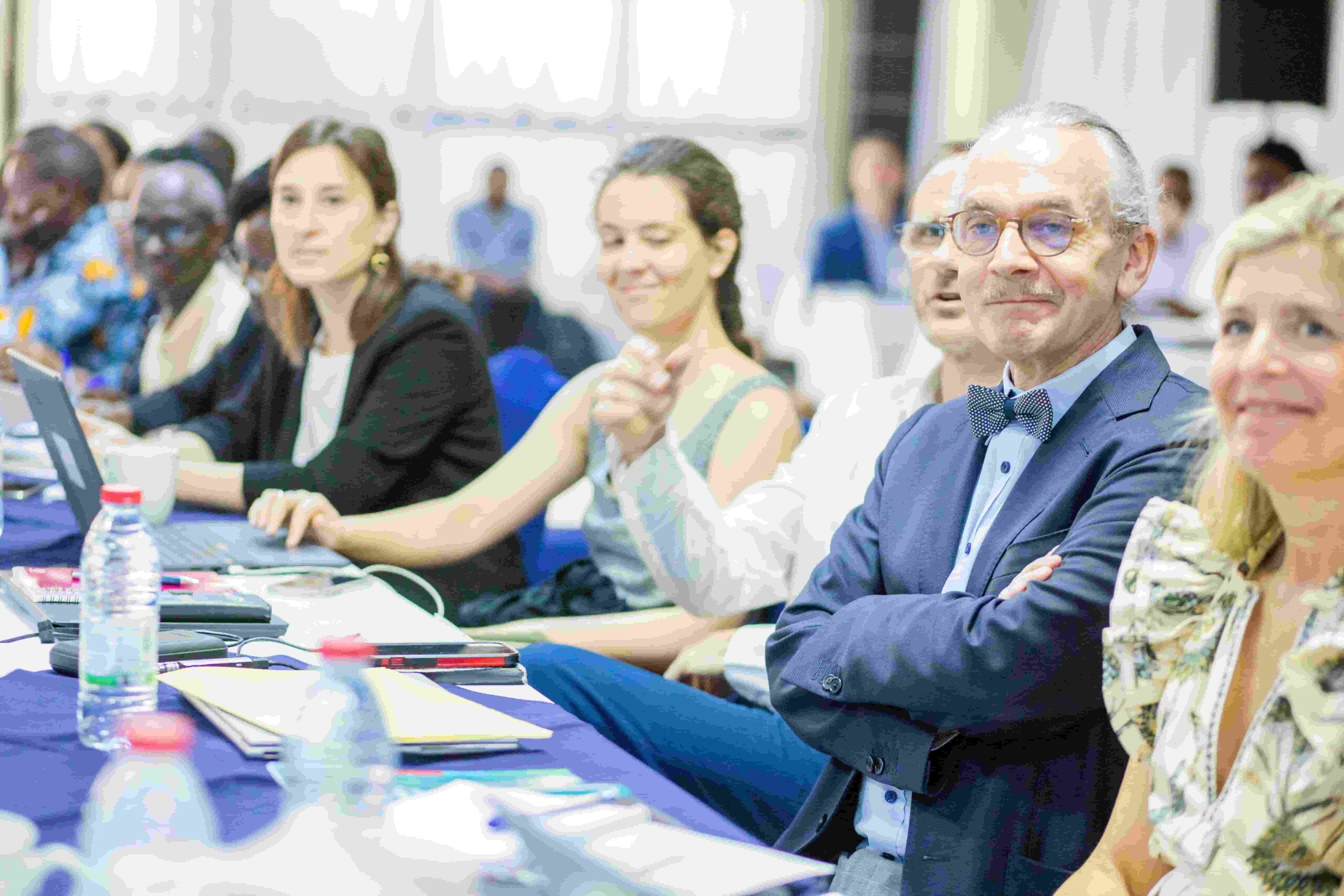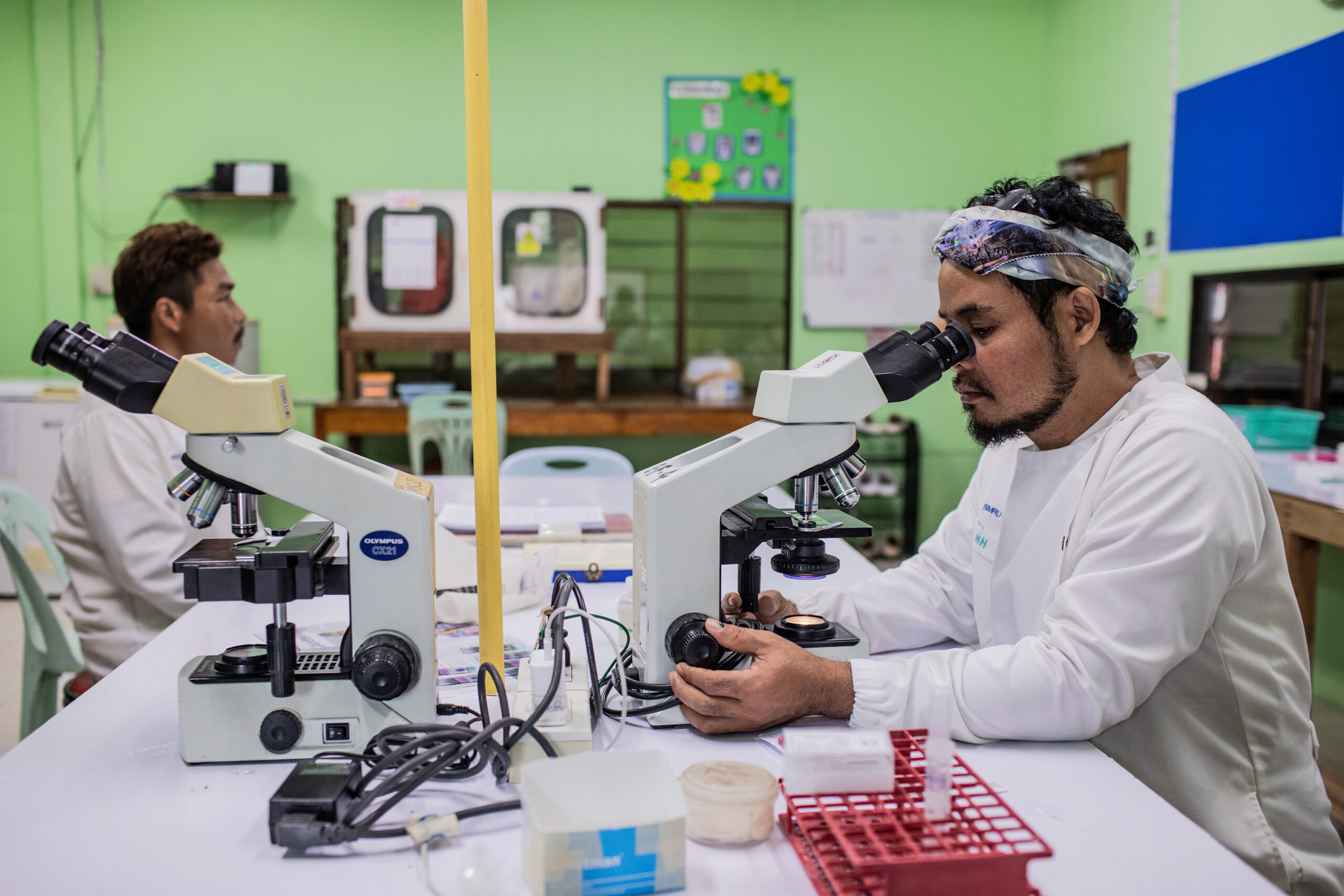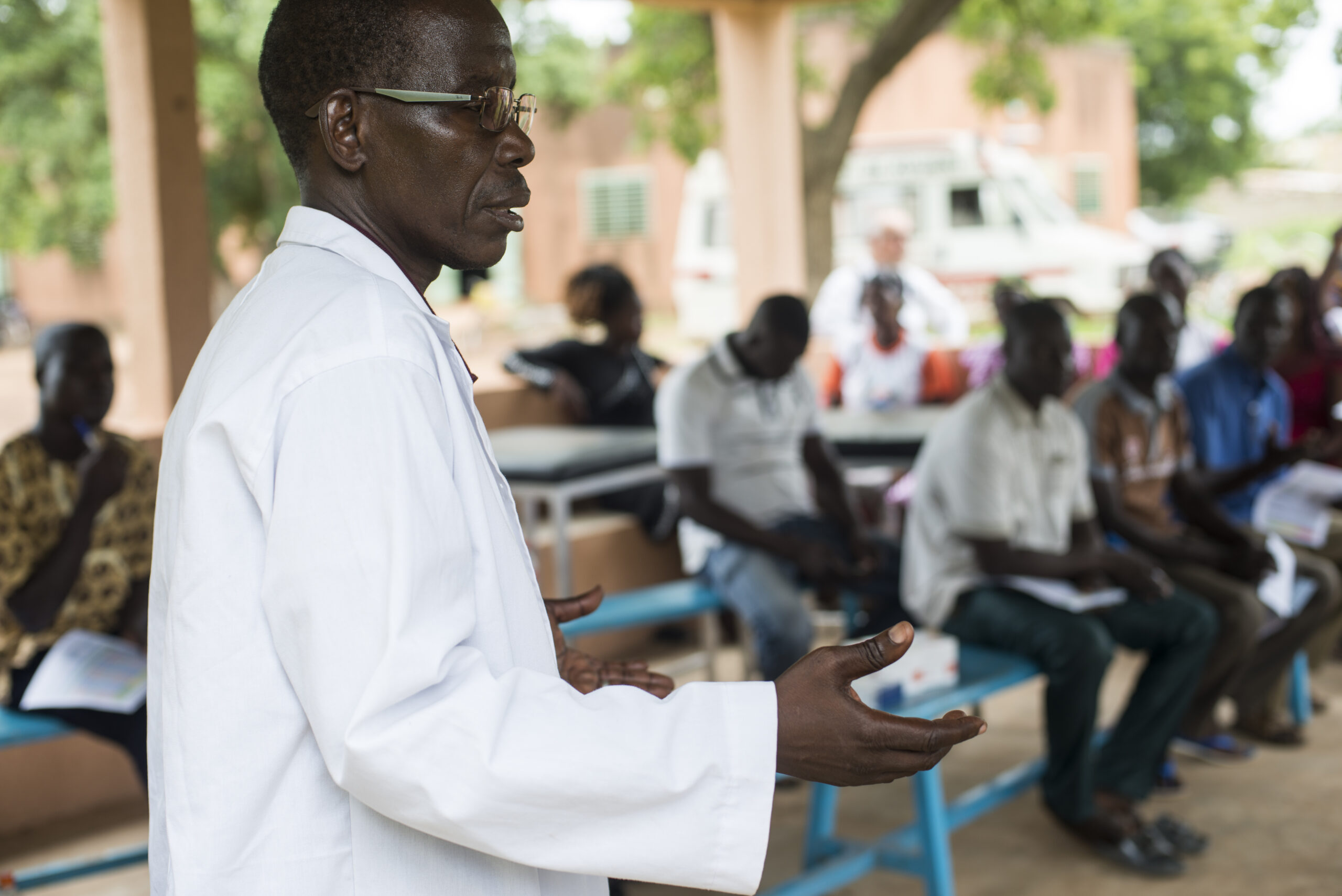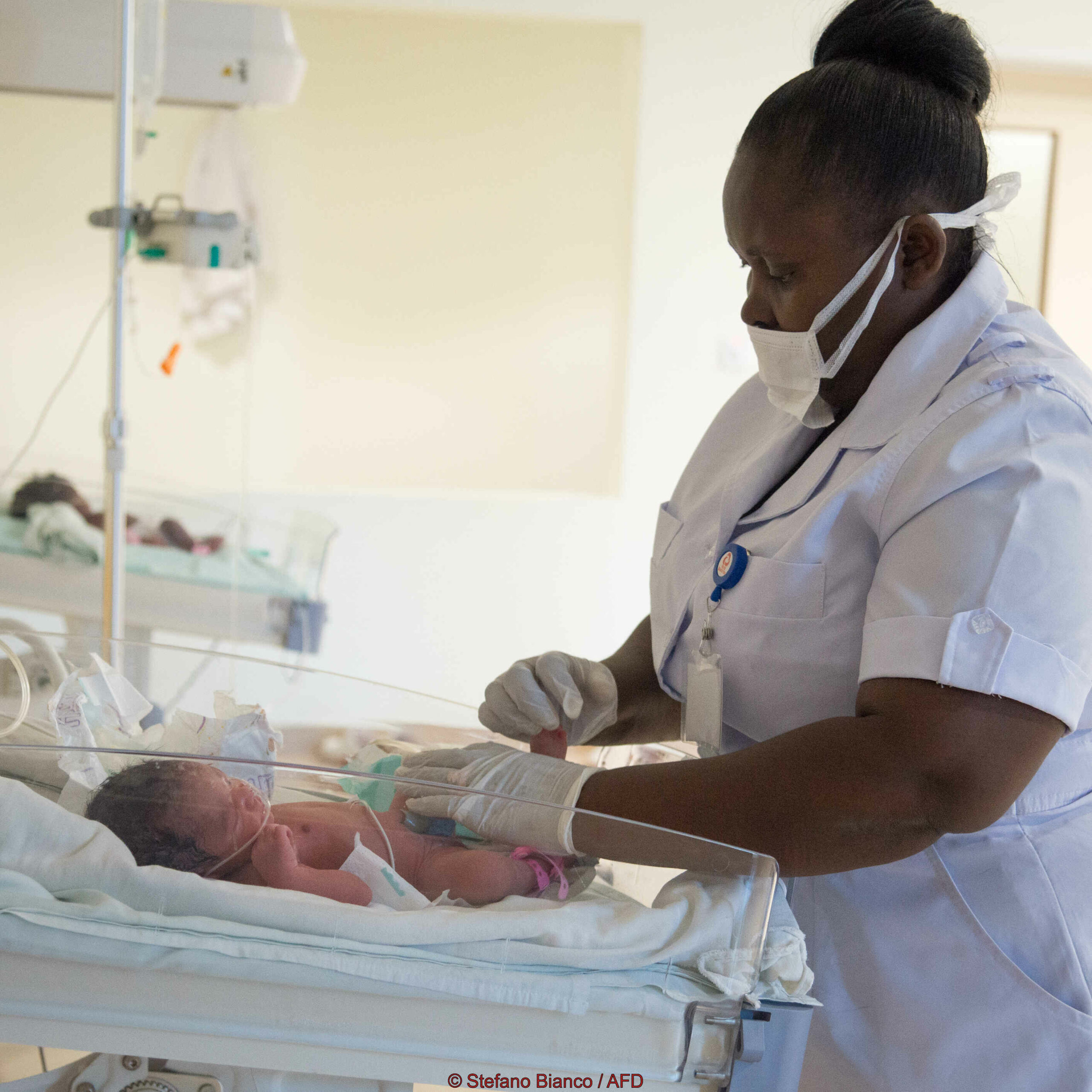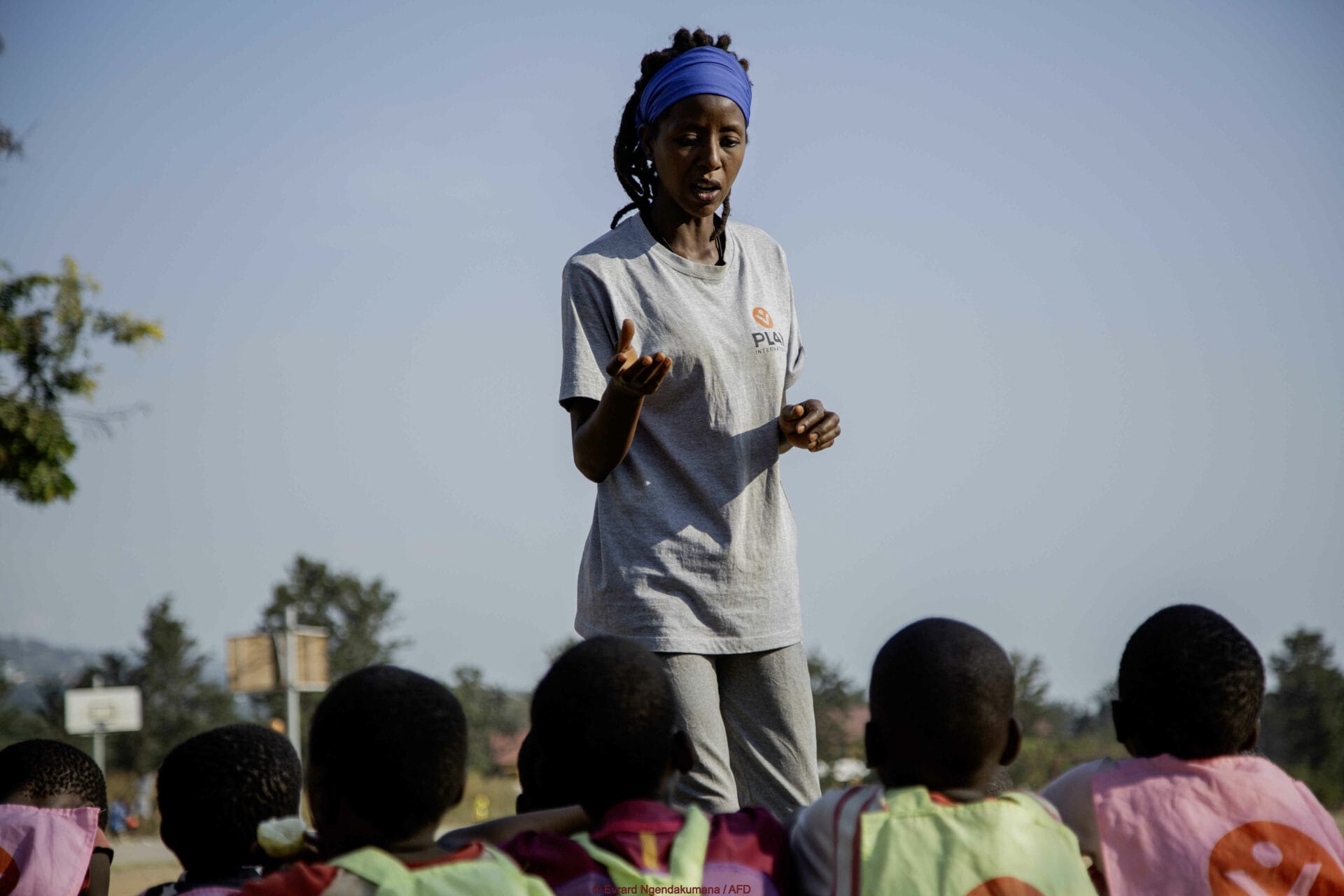Science plays a crucial role in finding tailored and effective solutions to achieve the WHO’s global goals in combating malaria and addressing the challenges posed by the disease. L’Initiative contributes to operational research to develop effective tools and strategies for malaria control.
In the past 20 years, the increased availability of prevention tools has helped reduce the global burden of malaria. However, progress has stalled in recent years, especially in Africa, the most affected continent. The global response must address growing threats such as drug and insecticide resistance, parasite evolution and the consequences of climate change, among others.
In the face of these challenges, innovative and unprecedented approaches must be developed. To achieve this, L’Initiative contributes to operational research, which proposes and tests new strategies in the field to curb the pandemic. These strategies are tailored to epidemiological contexts and the specificities of local health systems. Projects supported by L’Initiative focus on improving access to care and implementing effective prevention programs, particularly for vulnerable populations, pregnant women, and young children. This work is carried out through partnerships with health authorities and research institutes.
For example, in Benin, a research team collaborates with the National Malaria Control Program to strengthen surveillance and evaluate community mobilization and prevention strategies co-developed with the most affected populations. In Senegal, another recently funded research project specifically targets the asymptomatic reservoir of malaria by proposing mass administration of antimalarial drugs to reduce incidence. Other studies focus on vector control, such as a project in Ivory Coast aimed at evaluating a trap device that attaches to mosquito nets and could increase their effectiveness. Regardless of the chosen research focus, projects supported by L’Initiative largely integrate participatory and community-based approaches to implement impactful interventions, with the ambition to replicate their strategies on a larger scale.
Improving the health of the most vulnerable populations
Implemented between 2016 and 2019, the REACT project aimed to evaluate the effectiveness of four complementary tools alongside long-lasting insecticidal nets against malaria transmission in rural areas of Burkina Faso and Ivory Coast. While the project demonstrated the effectiveness of the tested tools such as indoor residual spraying of insecticides, it primarily highlighted the challenges faced by vulnerable populations in accessing prevention, diagnosis, and treatment. Only one out of six malaria cases resulted in a medical consultation in the study areas.
Based on this observation, the second phase of the project, REACT2, was designed. Financed by Expertise France through L’Initiative and led by the Institut de Recherche pour le Développement (IRD, the French National Research Institute for Sustainable Development), its objective is to study the impact of implementing mobile medical teams and prevention supervised by trained community health workers capable of screening and managing simple malaria cases within rural communities (severe cases are referred to hospitals). This intervention is gradually being deployed in target villages to compare its effectiveness with villages where the intervention has not yet been implemented. The data from the study will verify whether the presence of mobile teams supporting community agents actually improves the management of malaria in the affected villages.
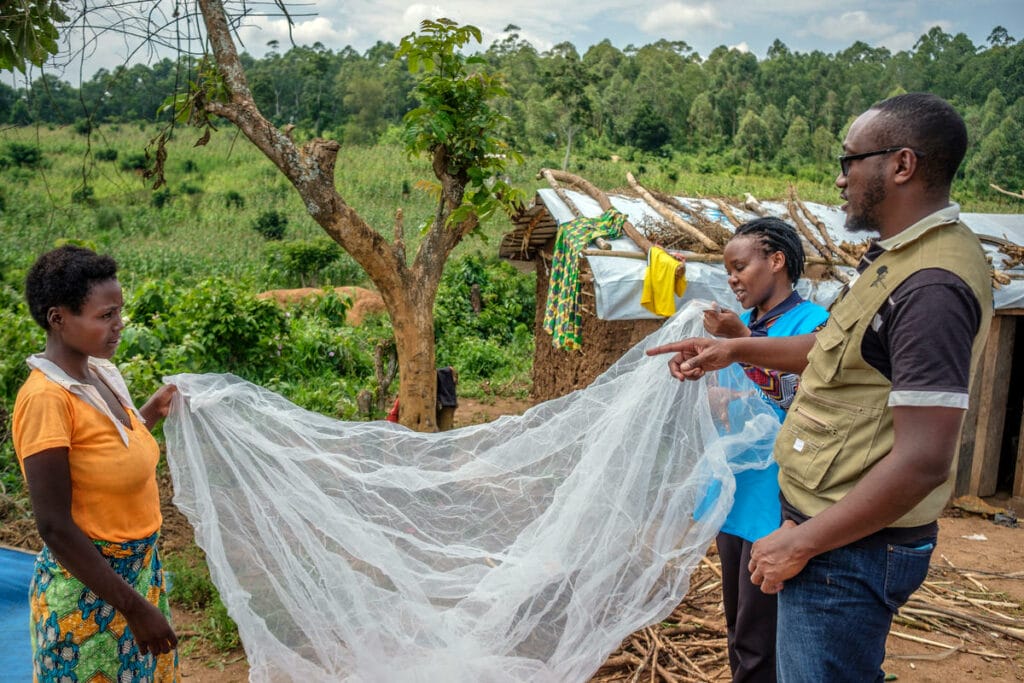
Improving detection to effectively combat malaria
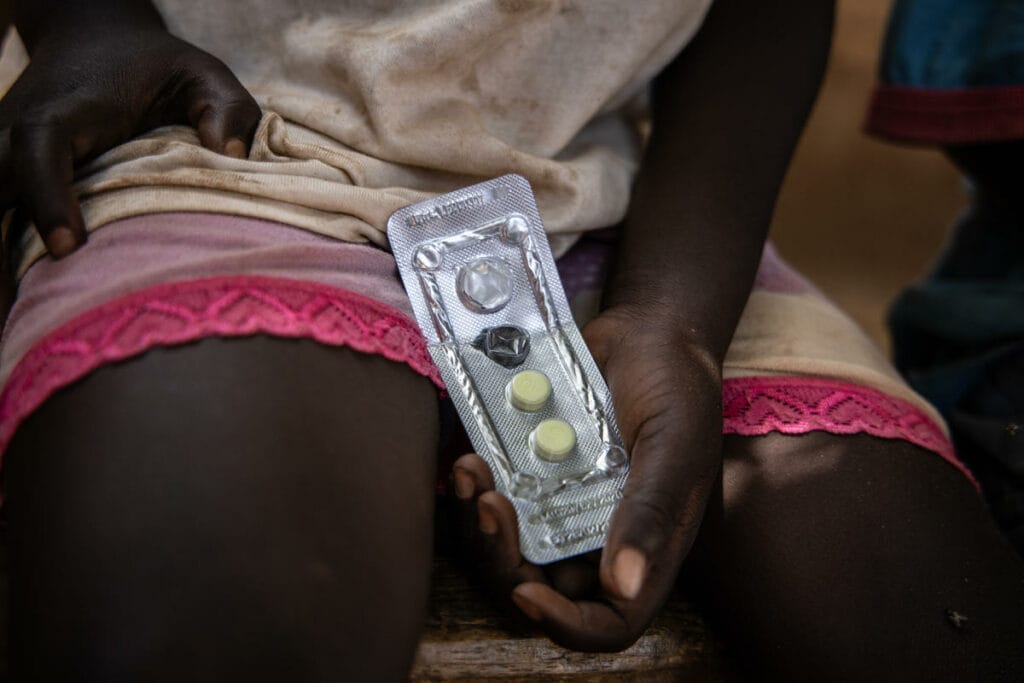
In Burkina Faso, L’Initiative also funds an operational research project that enhances the impact of a preventive treatment, seasonal malaria chemoprevention (SMC), for children under five, who are particularly vulnerable to malaria. The intervention aims to reduce the circulation of the Plasmodium parasite by targeting asymptomatic household members who sleep with children covered by SMC.
Conducted over two four-month periods, this program involves 526 households with children aged three months to five years. These households were randomly assigned to one of two groups: in the first group, only the usual SMC is administered to the children; in the second group, SMC for children is supplemented each month by rapid screening tests for household members, followed by antimalarial treatment if the test is positive.
The results show a correlation between the number of children tested positive for malaria and the number of infected individuals in their environment. In the group where SMC was combined with an additional preventive strategy, the incidence of malaria was significantly reduced compared to the first group. This strategy appears to limit the transmission cycle within households and enhances the effectiveness of SMC in children under 5 years old.
Improving care in conflict zones
The Reach Out project aims to improve access to antimalarial treatments in areas affected by conflict in Cameroon, one of the African countries most affected by malaria. Due to armed violence in the northwest and southwest regions of the country, 700,000 people have been displaced, exacerbating their difficulties in accessing health services. Less than a quarter of children under 5, who are most vulnerable to the disease, are diagnosed and treated.
This operational research project develops and evaluates specific and participatory intervention strategies tailored to the context of this crisis, built with local communities, health workers, and authorities. Three main interventions have been identified: distributing health vouchers for malaria treatment within the community, initiating monthly community dialogues, and supervising community health workers. The goal is to strengthen the capacity for diagnosing and treating the disease to reduce malaria incidence in the southwest and coastal regions and improve the quality of antimalarial care. A final aspect of this research is assessing the feasibility and acceptability of these interventions, as well as evaluating their impact on malaria control.
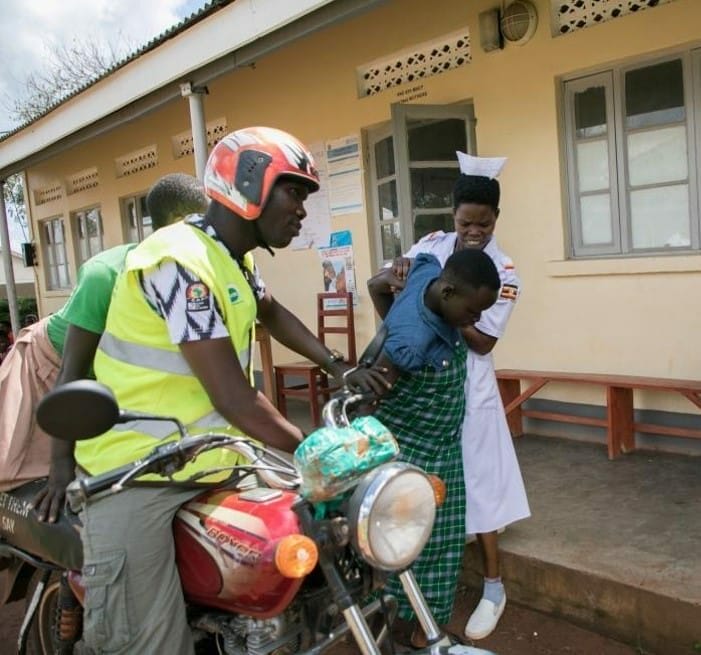
Monitoring and preventing malaria through community-based approaches
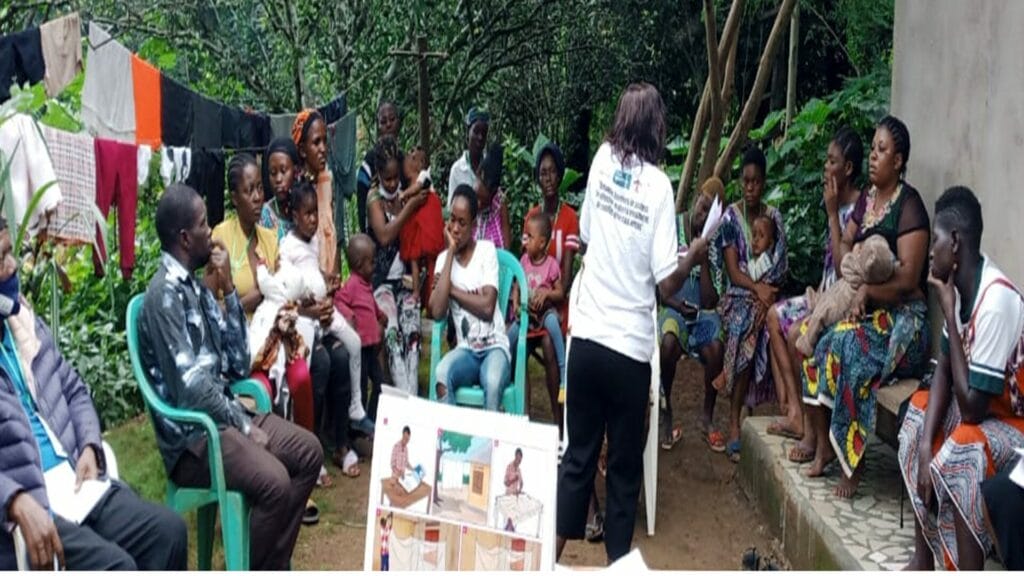
The number of malaria-related deaths has nearly doubled in Benin between 2015 and 2021, with nearly 3,000 cases recorded; progress in combating the pandemic is slowing in the country. The Sucoppa project (June 2024-June 2028) aims to improve prevention through the co-construction of awareness-raising methods with local communities.
Various studies show a lack of ownership of prevention methods in the country. For example, mosquito nets, a cornerstone of disease prevention, are underutilized. The idea is to understand and find ways to address this issue. In the first year of the project, this involves tracking a cohort, representative of the entire population, to collect multiple types of information: epidemiological, anthropological, and socio-anthropological. Based on the results obtained, the aim is to develop innovative awareness-raising methods with the communities. These methods will be implemented by community health workers in Benin. The foundation of this study is the absence of preconceptions about the messages to be conveyed and the target audience. The idea is to share the results and support the proposal of tailored content, while verifying its accuracy. A pilot phase will initially be deployed in about ten villages. If successful, the project could be implemented on a larger scale.
Tartgeting asymptomatic individuals
The transmission of malaria remains persistent in the southeast of Senegal, in the Kédougou region. It is in this area that the AMARETi project is being implemented. This project targets asymptomatic individuals carrying the malaria virus. Its ambition is to develop a strategy to combat asymptomatic carriage through a village-scale randomized clinical trial.
The intervention objective, initially, is to treat as many asymptomatic carriers as possible at the beginning and end of the season when transmission is most significant, through a mass drug administration (MDA) of antimalarial medicine. To achieve this, the intervention modalities are defined in collaboration with administrative, health, regional, and local authorities, as well as population groups, for effective implementation of this MDA. The target populations include notably young people who are more likely to be asymptomatic carriers. To engage them and promote the acceptability of this project, they will participate in the co-design of activities that will be subsequently directed towards them.
This strategy, complementary to interventions currently being implemented, should further reduce transmission. If its effectiveness is confirmed, it will represent a new tool available to the National Malaria Control Program of Senegal.
